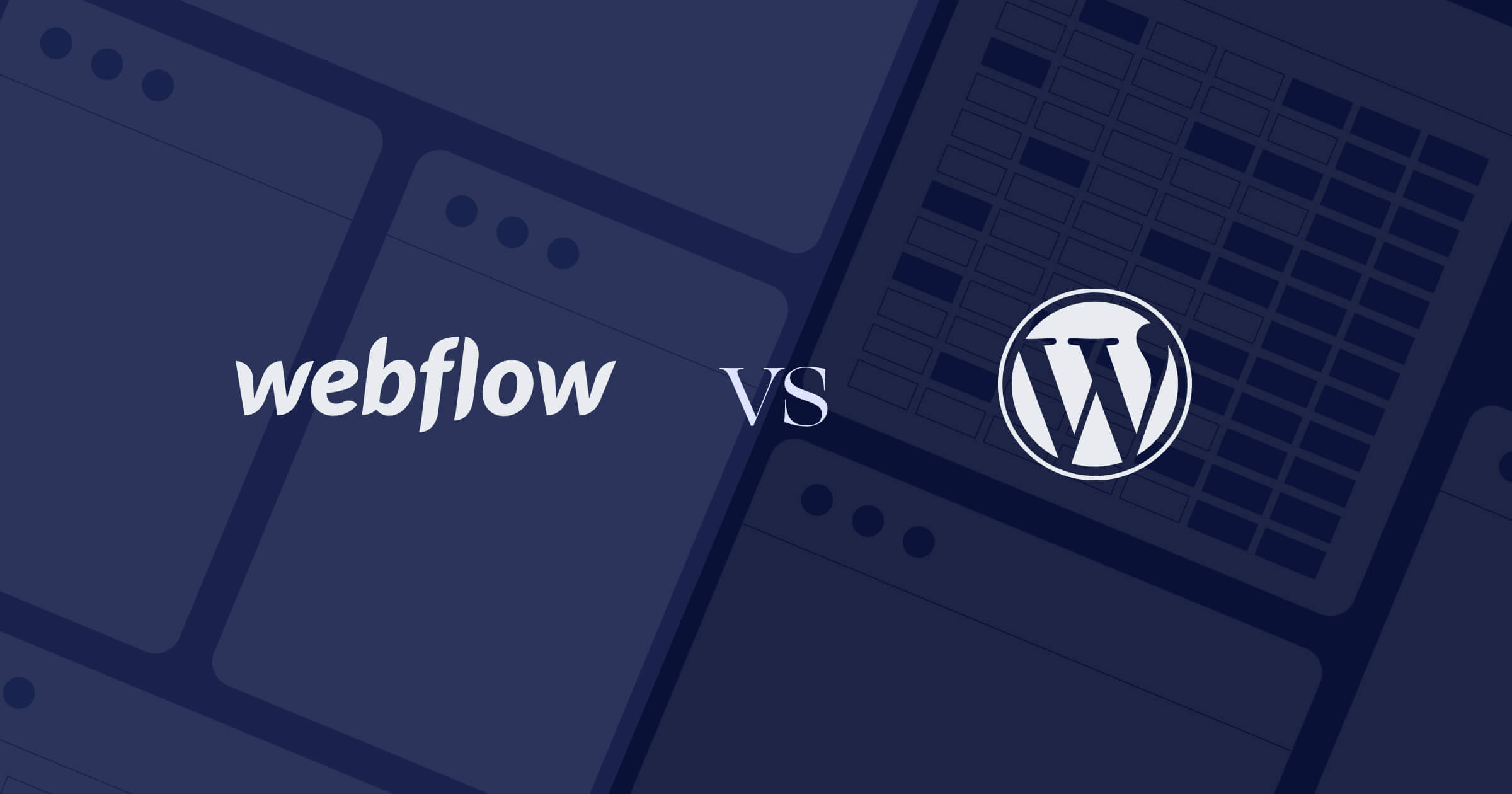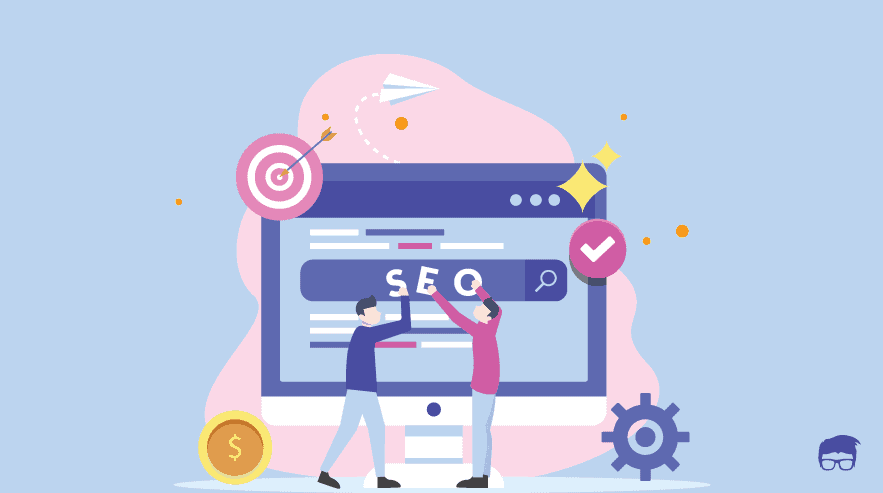Making the appropriate platform choice is essential while constructing a website. Webflow and WordPress are two of the most well-liked options. Which of the two platforms is best for your website, each offering distinctive features and advantages? We will contrast Webflow versus WordPress in this post to enable you to make an informed choice. This article will assist you in deciding which platform is preferable for your website—Webflow or WordPress.
A brief introduction to Webflow and WordPress:
Webflow is a website builder enabling you to create websites without coding experience. With its drag-and-drop interface, it’s simple to make unique designs. You may manage the content of your website using the CMS (Content Management System) provided by Webflow.
On the other hand, more than 40% of all websites use WordPress as a content management system. This open-source platform allows you to build and manage websites, blogs, and online shops. For personalizing your websites, wordpress has many plugins and themes.
Usefulness:
Webflow is renowned for its usability. Without coding experience, you can quickly build bespoke designs using its drag-and-drop interface. You can control the content of your website with Webflow’s visual CMS. However, getting accustomed to the platform could take some time if you are new to website creation.
The learning curve with WordPress is more significant, though. Although installation and setup are simple, customizing your website requires coding expertise. Additionally, WordPress features a backend interface that new users could need clarification on.
Design and Personalization:
Webflow provides a large selection of design possibilities. Without any prior coding experience, you may develop bespoke designs using its drag-and-drop interface. In addition, Webflow delivers a vast selection of templates and elements that may be there to produce original designs.
WordPress also provides a massive selection of design possibilities. You may utilize its enormous collection of plugins and themes to personalize your website completely. Customizing your website, however, necessitates some coding expertise.
E-commerce Features:
Through its CMS, Webflow provides e-commerce features. You can manage inventory, accept payments, and make unique product pages. However, compared to other systems, Webflow’s e-commerce features are constrained.
WordPress users can build online storefronts using WooCommerce, one of many e-commerce plugins available for WordPress. These plugins provide various functions, including delivery choices, payment processing, and inventory management.
Marketing and SEO:
Webflow has integrated SEO tools that you may use to make your website search engine-friendly. Additionally, it allows interfaces with marketing programs like Mailchimp and Google Analytics.
Additionally, WordPress has integrated SEO tools and marketing tool connections. WordPress has less SEO functionality than Webflow, though.
Cost:
Webflow has several price options, with its entry-level plan starting at $14 monthly. Its entry-level e-commerce package is $23 per month. For small enterprises, Webflow’s cost might be prohibitive.
WordPress is free, but a domain name and hosting are required. WordPress also provides a massive selection of themes and plugins, both free and premium. Some plugins, meanwhile, might be rather pricey.
Conclusion
WordPress and Webflow are well-liked website creation tools, but your demands will determine which is ideal for you. With over 9000 themes available, WordPress has been around for over 20 years and is adaptable. It is an attractive option for individuals who desire total control over the appearance and functioning of their website. Webflow, on the other hand, is preferable for novice website designers looking for an all-in-one website administration tool. It is renowned for its usability and offers over 1500 templates. The decision between WordPress and Webflow ultimately comes down to your level of knowledge and your website’s unique requirements.






